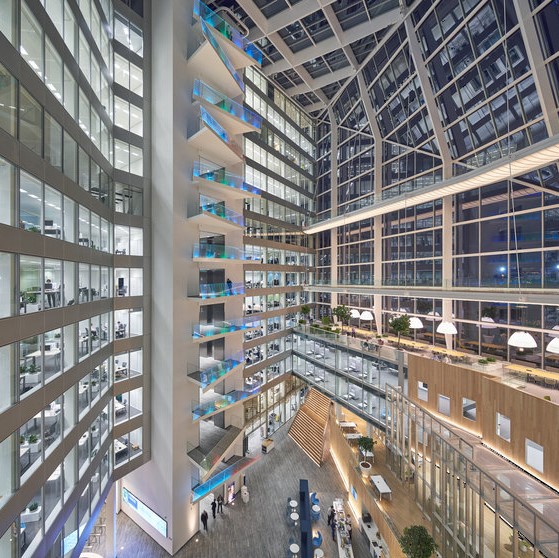June 20, 2019
EDGE enters UK market with project on South Bank
 EDGE Technologies, the specialist developer best known for its groundbreaking The Edge building in Amsterdam has announced its entrance into the UK commercial property market with the £50m acquisition of 60 St Thomas Street on London’s South Bank. The acquisition is subject to planning permission, which EDGE will pursue in partnership with the seller. The partners will consult closely with Southwark Council and the local community. After completion of the development – four to five years from now – 60 St Thomas Street will be an optimised office environment and a new workspace fit for the future. (more…)
EDGE Technologies, the specialist developer best known for its groundbreaking The Edge building in Amsterdam has announced its entrance into the UK commercial property market with the £50m acquisition of 60 St Thomas Street on London’s South Bank. The acquisition is subject to planning permission, which EDGE will pursue in partnership with the seller. The partners will consult closely with Southwark Council and the local community. After completion of the development – four to five years from now – 60 St Thomas Street will be an optimised office environment and a new workspace fit for the future. (more…)











 Today, the
Today, the 








 UK-based
UK-based 
 New guidance has been launched by the UK Green Building Council (UKGBC) to assist client organisations to include more ambitious circular design and construction best practices in project briefs for non-domestic projects. It addresses the commercial realities associated with making this practically happen and provides support and evidence to assist clients in setting clear strategies that ensure budget, project timescales and risks are all minimised and mitigated. The guidance may also be helpful for those in the supply chain looking to support construction clients on their journey towards specifying and practically applying circular economy principles.
New guidance has been launched by the UK Green Building Council (UKGBC) to assist client organisations to include more ambitious circular design and construction best practices in project briefs for non-domestic projects. It addresses the commercial realities associated with making this practically happen and provides support and evidence to assist clients in setting clear strategies that ensure budget, project timescales and risks are all minimised and mitigated. The guidance may also be helpful for those in the supply chain looking to support construction clients on their journey towards specifying and practically applying circular economy principles.







April 24, 2019
The meteor strike of coworking and the beasts that will remain
by Mark Eltringham • Comment, Flexible working, Property, Workplace design
(more…)